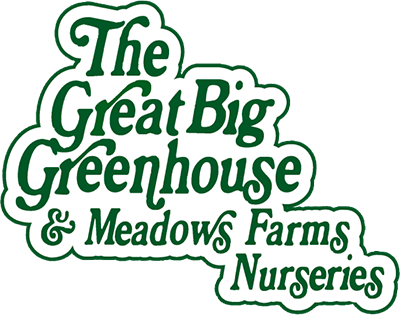Honeybees and butterflies seem to get all the press, but other essential pollinators are out there.
Pollinators You May Not Know Are Pollinators
Bumblebees
Bumblebees are good pollinators. They live in small colonies composed of a queen and her daughters. At summer’s end, they die, leaving only the mated queen. While they can sting, they seldom bother humans or animals.
Carpenter bees
We consider them pests, yet they are excellent pollinators. The males, which you see hovering in mid-air, are stingless. While females can sting, they are relatively docile and rarely do. They seldom damage wood, only boring a small hole to lay eggs. You can discourage them from boring in your wood siding by spraying the area with a citrus oil spray.
You can also find “bee houses,” made of wood with little bamboo holes all over, giving them an alternative place to live.
Flies
The pesky little things that attend our barbecues and picnics are also pretty efficient pollinators. They’re critical in climates not bee-friendly—arctic and alpine habitats, for example.
Hoverflies are particularly beneficial. Not only are the adult flies pollinators, but their larvae have a voracious appetite for aphids. Flowers that attract hoverflies are oregano, sweet alyssum, bachelor buttons, lemon balms, mints, feverfew, and lavender. Interesting side note: A tiny little fly called a midge is responsible for pollinating the flowers of the cacao tree—no fly, no chocolate!
Moths
We tend to think of butterflies but forget the other lepidopterans like moths. Most moths are nocturnal but do more than flutter around our porch lights. They prefer white or light flowers since they show up best after dark.
Just a word here. A tomato hornworm is a voracious caterpillar that can chow down on several inches of a tomato plant in just one night. A couple of years ago, however, I looked up what they turned into—a hawkmoth, which looks like a gray hummingbird—and it’s a pollinator! Now I plant one extra tomato, and if they appear on my tomatoes, I move them to theirs. I can’t bring myself to kill a pollinator.
This is Only a Short List of Pollinators
This is by no means a complete list. Some flowers are pollinated by small bats (like the agave); others by hummingbirds (in the Americas) or sunbirds (Africa, Asia, Australia), ants, and even wasps (as a matter of fact, wild figs are pollinated by the fig wasp). Yet beetles pollinate others, and small lizards pollinate some.
Let’s Protect Your Plants AND The Pollinators That Make Those Plants Possible
Maybe, when I see an insect on a flower, I should check to see if there is any damage before I automatically assume the worst and reach for a pesticide.
If you would like to protect your plants AND the pollinators that make your plants possible, stop by the Great Big Greenhouse to discover products and information that help you do both.

